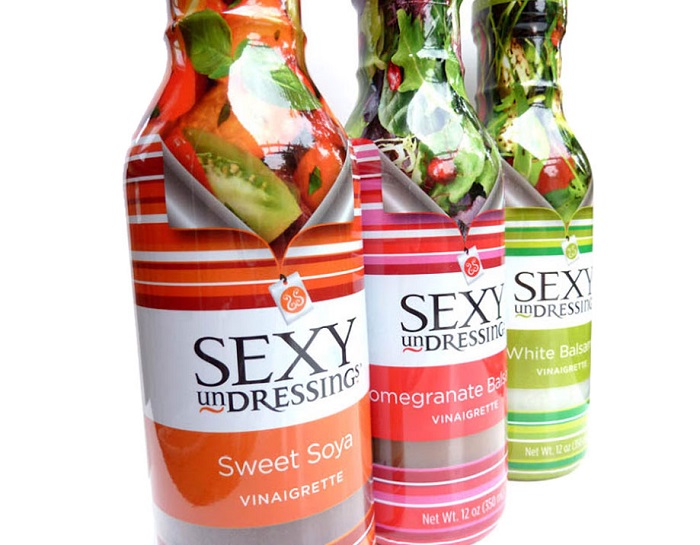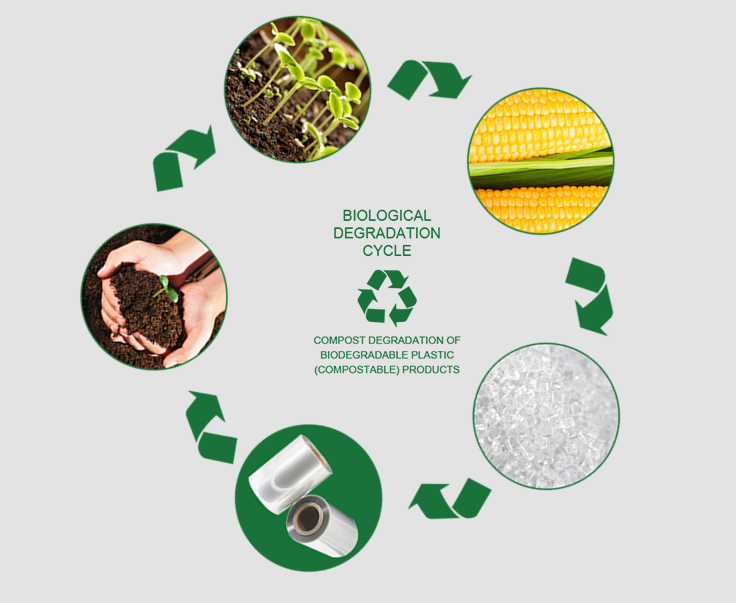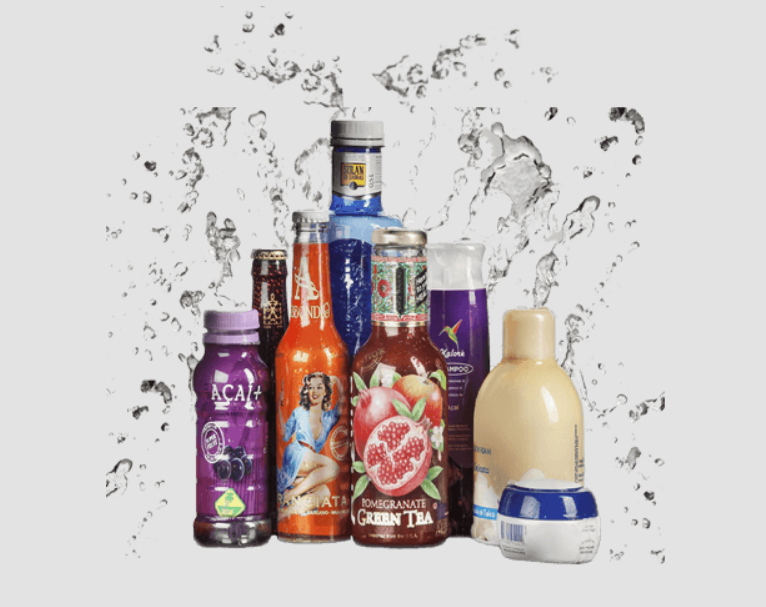Bringing your product to the consumer needs to be an outstanding experience. From the look to the feel to the longevity of the product, shrink wrapping is a simple process. With just one roll of shrink film and a heating source, you have all the tools you need to waterproof, weatherproof and tamper-proof your products, no matter how big or small. You can also bring a layer of confidence to your consumers and stand out with the protective sheen of shrink wrap when applied properly!
Given the flexibility, durability and other valuable benefits of using shrink wrap, many companies are adopting this method to package their products.

The term shrink wrap is used for plastic films that shrink under heat. These are divided into biaxial (symmetrical) and uniaxial (one side) shrink wrap, depending on their direction of shrinkage. In industry, shrink wraps are used to hold pallets in place. They are also used to bundle or protect products. Shrink wraps are usually made from one or more plastic granules using a co-extrusion process to make blown film. The blow molding process stretches the plastic molecules horizontally and vertically and orients them. This orientation breaks down when heat is applied - either with hot air or infrared radiation at about 120-220 °C - and the film shrinks. This effect can be used to tightly wrap products and pallets.
Our portfolio includes classic shrink wrap as well as the excellent PE stretch films, which are inexpensive, sustainable and efficient alternatives to shrink wrap. All film variants provide optimal protection for your products against damage and contamination, have optimal retention properties during transport and, very importantly, do not require heating. This makes these stretch films an excellent energy-saving alternative for film heat-sensitive products. These films are made from PLA, PVC, PET, etc. and are available in clear, colored and/or printed versions. Please contact us for more information.
Modern equipment, technology and blends can reduce film thickness, thereby reducing the amount of raw material that needs to be used and avoiding waste. Essentially, polyethylene shrink wrap is recyclable. However, recycling rates - the collection and recovery of used film - are still poor. The material is inexpensive and is not usually considered reusable. Here, the term sustainability must be associated with the recycling process, not the recyclability of shrink wrap. As a sustainable alternative film, we recommend our PLA film series, which strive for a closed raw material cycle and use a high percentage of recycled material - without compromising film quality at all. We are happy to advise you!

Tight film of products or packaged goods
Protection against damage and environmental influences
Excellent film fixity
Low material consumption
Individual film thickness
Printable and colorable
PE material is cheap
Recyclable film materials
Additional energy requirements
Shortened cycle time due to heating and cooling time
Not suitable for film heat sensitive products
Tight but strong bonding of goods and pallets
Very low amount of material actually recycled so far

Please contact HYF to see more film and packagings.
Copyright © HUBEI HYF PACKAGING CO., LTD. All Rights Reserved | Sitemap
| Powered by

SEOKeywords:Shrink Wrap Film Customized Biodegradable Shrink Film Pvc Shrink Film Rolls Flexible Packaging Film Petg Shrink Film Properties Custom Printed Shrink Film High Shrink Petg Shrink Film China Pvc Shrink Wrap Film Shrink Sleeve Plastic Label Films Shrink Sleeve Packaging Pvc Shrink Film Manufacturing Process Pvc Super Clear Shrink Film Heat Shrink Film Roll Pvc Shrink Film For Bottle Label Price Shrink Wrap Uses China Shrink Film Pvc Clear Shrink Film Printable Shrink Film Plastic Shrink Film